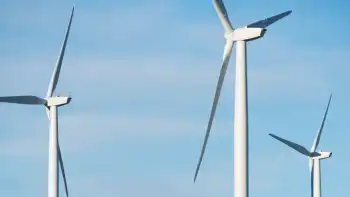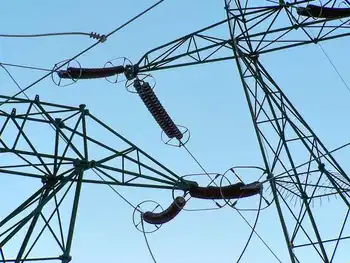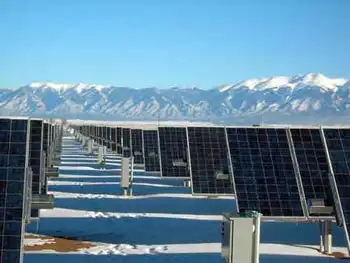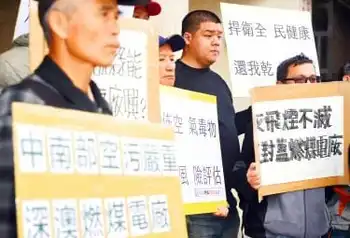BC Hydro celebrates 50 years in the power business
Vancouver – - Vancouver – British ColumbiaÂ’s largest crown corporation, BC Hydro, is marking half a century of providing clean, affordable and reliable electricity to British Columbian families.
BC Hydro was created in 1962 under the British Columbia Hydro and Power Authority BC Hydro Act, which amalgamated BC Electric and the BC Power Commission.
In the 1960s and 1970s, BC Hydro began to build British Columbia's hydroelectric capacity and power the province through the "Two Rivers" policy: the development of the Peace and Columbia rivers. This resulted in some of most ambitious hydroelectric construction projects in the world and BC Hydro's capacity grew from 564 megawatts in 1961 to seven times that in the late 1980s.
Today, this legacy of heritage power continues through the facilities on the Peace River, including the W.A.C Bennett dam and GMS Generating Station and Peace Canyon facilities, which supply about 30 per cent of all of BC Hydro generation capacity. The Revelstoke Dam and Generating Station, the second largest power plant in the provincial system, is one of six dams built on the Columbia River and its tributaries, which supply about 50 per cent of BC Hydro's capacity. BC Hydro also built a transmission grid to bring this power to B.C. homes from north to south and east to west.
BC Hydro must continue plan to meet the provinceÂ’s growing energy needs. British Columbia's electricity demand is expected to grow by up to 50 percent over the next 20 years. Also, new industrial development in B.C.'s north means that BC Hydro must continue its legacy of growth and investment in B.C.'s electricity system.
BC Hydro is investing $6 billion to upgrade the capacity, safety and reliability of its aging facilities. It must also build new facilities and transmission lines. For example, BC Hydro is planning to upgrade the John Hart Generating Station and build the Northwest Transmission Line.
Related News
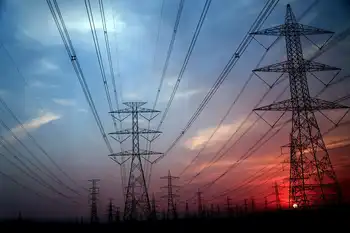
Powering Towards Net Zero: The UK Grid's Transformation Challenge
LONDON - Prime Minister Sunak's recent upgrade to his home's electricity grid, designed to power his heated swimming pool, serves as a microcosm of a much larger challenge facing the UK: transforming the nation's entire electricity network for net zero emissions.
This transition requires a monumental £170bn-£210bn investment by 2050, earmarked for reinforcing and expanding onshore cables and pylons that deliver electricity from power stations to homes and businesses. This overhaul is crucial to accommodate the planned switch from fossil fuels to clean energy sources - wind and solar farms - powering homes with electric cars and heat pumps.
The UK government's…

